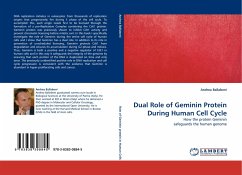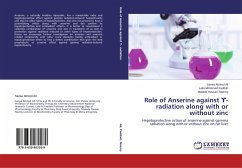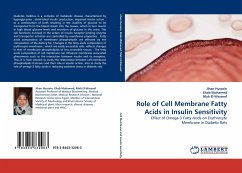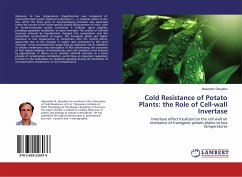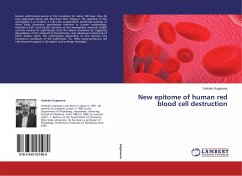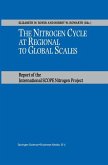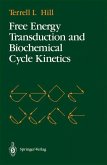DNA replication initiates in eukaryotes from thousands of replication origins that progressively fire during S phase of the cell cycle. To accomplish this, each origin needs first to be licensed through the formation of a pre-Replicative Complex containing the Cdt1 protein. Geminin protein was previously shown to inhibit Cdt1 activity and prevent chromatin licensing before mitotic exit. In this book I specifically investigate the role of Geminin during the entire cell cycle of human cells and I show that Geminin has a dual role. In addition to its role in prevention of unscheduled licensing, Geminin protects Cdt1 from degradation and ensures its accumulation during G2-phase and mitosis. Thus, Geminin is both a positive and a negative regulator of Cdt1 in human cells and in this way it safeguards the integrity of the genome by ensuring that each portion of the DNA is duplicated on time and only once. The previously unidentified positive role in DNA replication and cell cycle progression is consistent with the evidence that Geminin is abundant in hyper-proliferating cells and cancer.
Bitte wählen Sie Ihr Anliegen aus.
Rechnungen
Retourenschein anfordern
Bestellstatus
Storno

